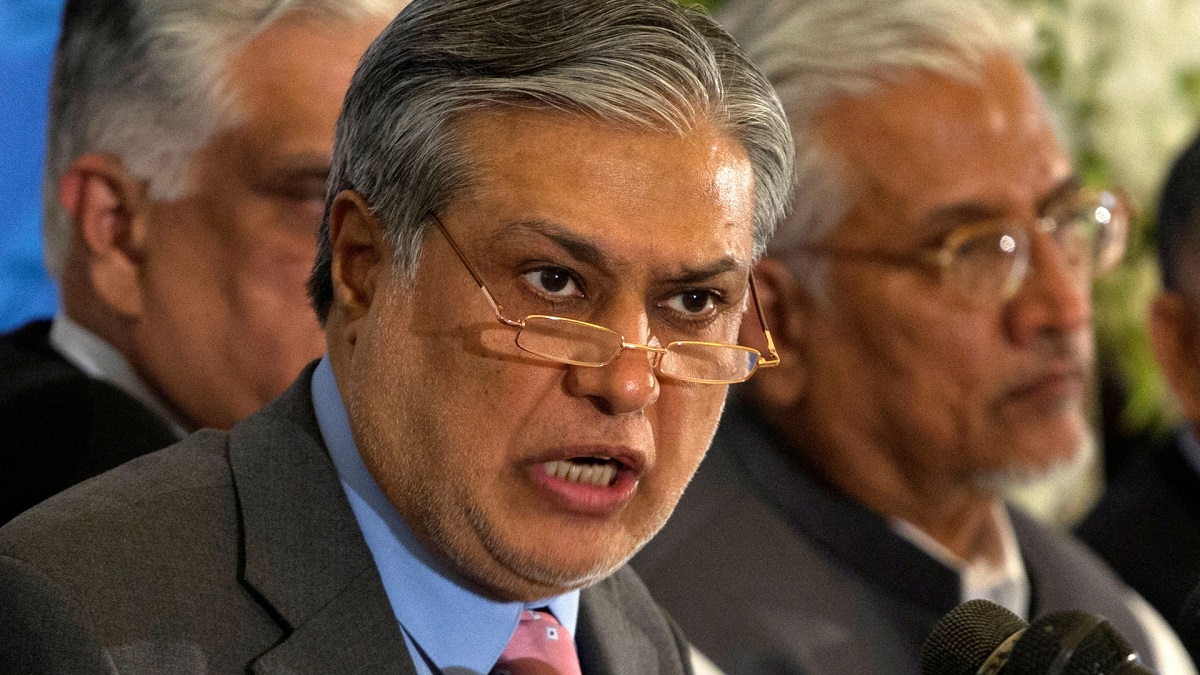Finance Minister Ishaq Dar announced significant fiscal revisions, approximating Rs300 billion, for the upcoming fiscal year budget. These adjustments, which include a series of austerity measures demanded by the International Monetary Fund (IMF), aim to secure a long-awaited bailout package.
While concluding a debate on the 2023-24 fiscal year budget in the National Assembly, Dar revealed the newly instituted measures which notably impose a heavier tax burden on the salaried class and call off the $100,000 asset-declaration program.
In his address, Dar kept some upcoming tax measures under wraps—actions agreed upon by the government to revitalize the stalling $6.5 billion program.
Notably, the government seems to have conceded to the bulk of the IMF’s stipulations, such as elevating the petroleum levy to Rs60 per liter. It also increased the allocation for the Benazir Income Support Programme (BISP) beneficiaries, thereby raising the BISP budget from Rs450 billion to Rs466 billion.
“Pakistan and the IMF have been immersed in detailed negotiations for the past three days in a final attempt to finalize the outstanding review,” Dar informed the parliament’s lower house.
In an effort to decrease the fiscal deficit, the finance minister proposed new taxes estimated at Rs215 billion and a net reduction of Rs85 billion in expenditures. This adjustment slightly increases the budget by Rs20 billion.
Dar claimed that these adjustments will be beneficial for the fiscal deficit and ensure that the new tax won’t impact the poor. He declared the petroleum levy will rise from Rs50 to Rs60 and remain fixed for future adjustments.
Simultaneously, he announced the removal of import restrictions imposed in December, intended to reduce the current account deficit—an IMF concern for releasing funds.
These amendments come a day after Prime Minister Shehbaz Sharif held discussions with IMF Managing Director Kristalina Georgieva on the Global Financing Summit sidelines in Paris. The current Extended Fund Facility agreement with the IMF expires on June 30, leaving less than a week for resolution.
Despite a proposed cut in spending, Dar assured that the federal development budget and the civil servants’ salaries and pensions will remain unaffected.
Senior Federal Board of Revenue (FBR) officials disclosed that the new measures include a tax hike for the salaried class and businesses. The tax rates for income brackets starting at 20% will see a rise of 2.5%.
With these changes, an individual earning Rs200,000 per month will now pay an income tax of 22.5%, up from 20%. Higher income brackets will also experience a similar tax increase of 2.5%.
Additionally, new taxes have been proposed on the sale and purchase of properties, and vehicles above 2,000 categories, leading to additional revenue. The government also withdrew the $100,000 amnesty scheme under IMF pressure.
Expressing optimism, Dr. Aisha Pasha, Minister of State for Finance, who advocated for the continuation of the IMF program, stated that the Memorandum for Economic and Financial Policies (MEFP) was nearly finalized.
Dar reiterated Pakistan’s commitment to the IMF program during meetings with Georgieva, with hopes to complete the ninth review worth $1.2 billion before the program’s June 30 deadline.



























